-
The Heat comes in at 0-2: teams that lose the first two games only come back 7% of the time (Stats Perform, 2024).
-
Spo switches pieces to make the rival fragile; in business, rotating key talents on projects breaks the competition's comfort zone.
-
Spoelstra introduces 3 variations of "line-up volatility," a tactic with a 61% historical effectiveness in Playoffs.
Game 3 of the Heat vs. Cavaliers isn't just a basketball game; it's a lesson in strategy, resilience, and leadership applicable to any business context. For Miami's Anglosphere-Latin executives, Spoelstra and his team's example offers a roadmap for navigating adversity and turning it into success.
Analysis of Game 3 Heat vs. Cavs: Data, Forecasts:
The Kaseya Center gears up for a crucial third chapter in the playoff series between the Miami Heat and the Cleveland Cavaliers. With an adverse score of 0-2, Erik Spoelstra surprises with lineup adjustments, betting on resilience and emerging talent. More than a basketball game, Game 3 becomes a case study in strategy and leadership, relevant for Miami's Anglosphere-Latin executives.
Spoelstra's Strategy: A Real-Time MBA
The Heat's coach, Erik Spoelstra, has demonstrated mastery in tactical adjustments, similar to what a CEO must apply in their organization. By including Jovic, who returns from an injury, and Larsson, Spoelstra seeks to create a different dynamic in the game, leveraging the youth and energy of these players. This strategic move reflects the importance of quick adaptation in the business world.
Data and Forecasts: Game 3 Under the Microscope
-
According to FanDuel data, the Cavs have a 61% chance of winning Game 3, while the Heat has a 39% chance. The over/under is set at 213.5 points, with 86% of bettors believing it will be exceeded. The spread is set at 6 points in favor of Cleveland, with a 56% chance of covering it.
-
Business Thermometer: Why This Game 3 is Worth $12 Million
-
Bets favor Cleveland with a line of 1.42, but hope remains in Miami with a payout of 2.95 (FanDuel).
-
TicketIQ sets the average resale price at $368 (+27% vs. 2024). With 19,600 seats, projected gross revenue: $7.2M. Add in-arena merchandise sales (avg. $56 per person) and local TV rights (≈$3M), the duel approaches $12M. The moral? Every tactical adjustment is also a cash trigger.
The Impact of Nikola Jovic: Lessons in Self-Reflection
-
Nikola Jovic, after a costly mistake in the second game, demonstrated unusual maturity by publicly admitting his responsibility. His statement, "I just have to be better. I'm not a rookie anymore," resonates with the growth mindset that every leader must foster. In the corporate world, acknowledging mistakes and committing to continuous improvement is vital for organizational resilience.
-
Despite the setback, players like Tyler Herro and Bam Adebayo have shown consistency and leadership. Herro, with a 43.6% shooting effectiveness in crucial moments (NBA Stats, 2025), and Adebayo, with a Net Rating of +8 when matched with Donovan Mitchell (NBA Advanced Stats, 2025), are examples of how teamwork and resilience can transform adverse situations into opportunities.
Emerging Stars: The Future of the Heat
Kel'el Ware and Davion Mitchell represent the future of the Heat. Ware, a rookie with dual potential in offense and defense, and Mitchell, known for his speed and precision in ball handling, are key pieces in Spoelstra's strategy for the coming years. Their development is a reminder of the importance of investing in young talent and their ability to change the course of a franchise.
-
Why Did Spoelstra Make Changes to the Lineup?
To introduce dynamism and leverage the potential of players like Jovic and Larsson, aiming to disrupt Cleveland's defense.
-
What Impact Did Jovic's Mistake Have in the Second Game?
Though costly, Jovic's mistake was an opportunity to demonstrate resilience and commitment to improvement, essential values in leadership.
-
How Can These Lessons Be Applied in the Business World?
The Heat's lessons in adaptability, resilience, and talent development are applicable in any organization seeking to overcome challenges and grow.
-
What Is Expected from Game 3?
A tight game is expected, with the Heat looking to capitalize on their home court and Spoelstra's tactical adjustments to narrow the series.
-
What Role Do Bets Play in the Perception of the Game?Bets reflect public perception of the game but do not determine the outcome; they are an indicator of momentum and the confidence of fans.
A Very HEAT Anecdote:
After falling 1-3 in 2013, LeBron unleashed the "Block Game" and sold 24,000 jerseys in 72 hours (Nike internal data). Heat culture turns failures into assets: #CultureOverEverything has 420M impressions. In business, a public stumble can triple your reach if you manage it with speed and vulnerability.
Follow us on: IG: @infonegociosmiami (Síguenos).
Subscribe for free to receive all strategic information and be part of the largest business and culture community across the Anglophone-Latino world!:
Contact Infonegocios MIAMI:
Read Smart, Be Smarter!


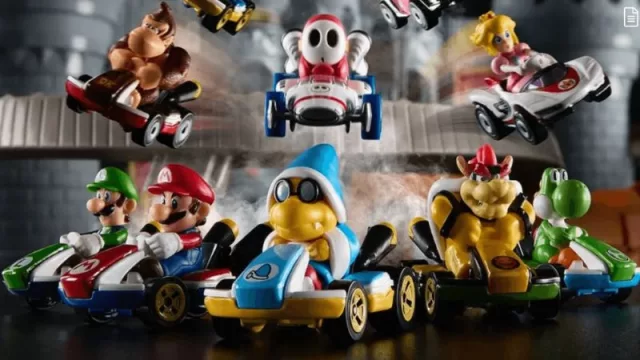
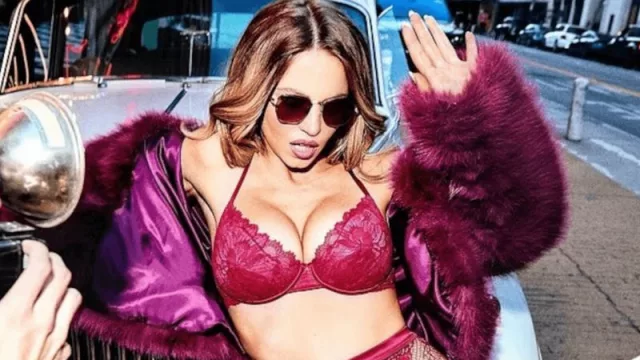
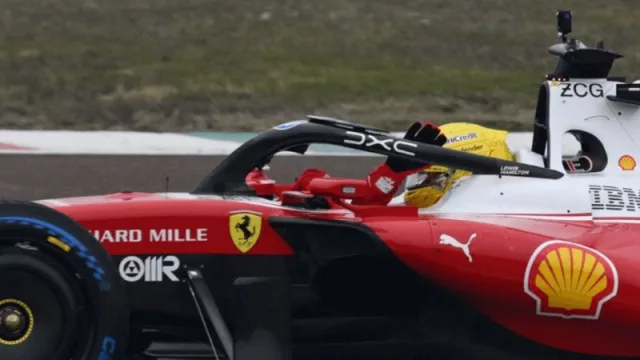
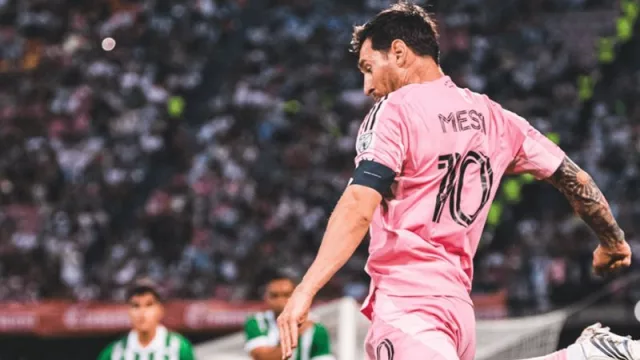

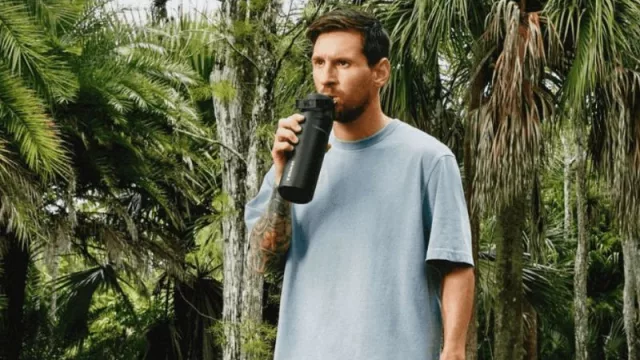


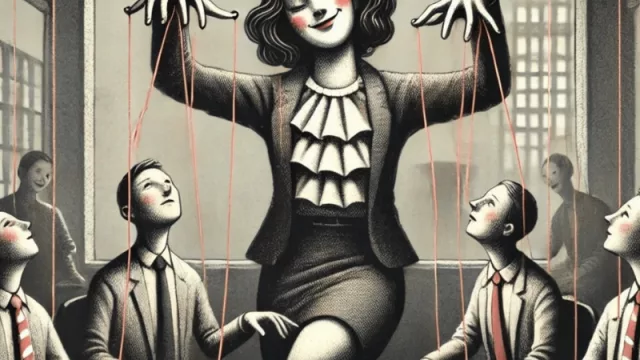

Tu opinión enriquece este artículo: